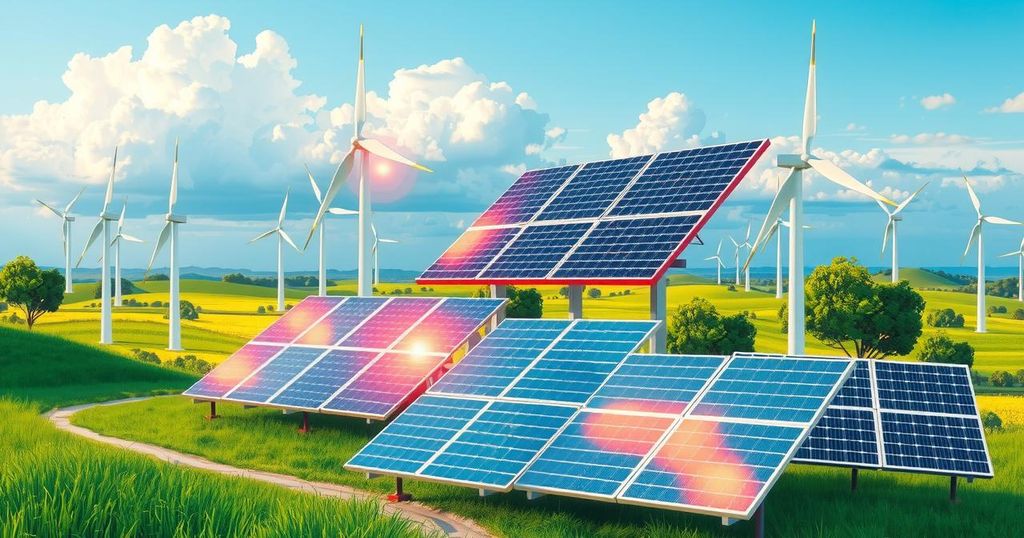Strategies for Achieving 100% Renewable Energy in Nigeria by 2060
Wärtsilä’s report outlines a roadmap for Nigeria to attain 100% renewable energy by 2060, highlighting necessary investments and policy reforms, with a focus on leveraging domestic gas and renewable resources for a sustainable energy future.
Wärtsilä’s new report, “Nigeria Leading Africa to Net Zero,” outlines a comprehensive roadmap for Nigeria to achieve a 100% renewable energy power system by 2060. As Nigeria aims to lead in climate action, a strategic, data-driven approach is essential to meet both the rising energy demands and the goal of universal electricity access for its populace.
The report details a power system comprising 1,200 GW of renewable energy, supported by 283 GW of energy storage and 34 GW of engine-based power plants for grid stability. By investing in renewable energy alongside gas engines and storage, the predicted cost of electricity generation could decrease by 74% by 2060, while carbon emissions may reach zero.
Key to this plan is Nigeria’s considerable domestic gas reserves, which can serve as a cost-effective transitional fuel for balancing until the conversion to green hydrogen begins in the early 2040s. Wale Yusuff, Managing Director of Wärtsilä Nigeria, stated that successful implementation of the report could lead to a fully decarbonized power system by 2060, enabling universal electricity access by 2032.
However, achieving this vision necessitates significant investment estimated at $18.7 billion by 2030 and $425 billion by 2060. Yusuff cautioned that attracting such investment requires considerable policy reforms to reduce the complexities that add risk for developers. Nigeria’s vast gas reserves and renewable energy potential could facilitate a favorable energy transition if infrastructure, policy, and a data-driven expansion plan are effectively developed.
In summary, Wärtsilä’s report sets a realistic pathway for Nigeria to achieve a fully renewable energy system by 2060, emphasizing the necessity of substantial investments and policy reforms. With the right strategies in place, Nigeria has the potential to secure universal access to affordable and decarbonized electricity, leveraging its abundant natural resources.
Original Source: www.itnewsafrica.com




Post Comment